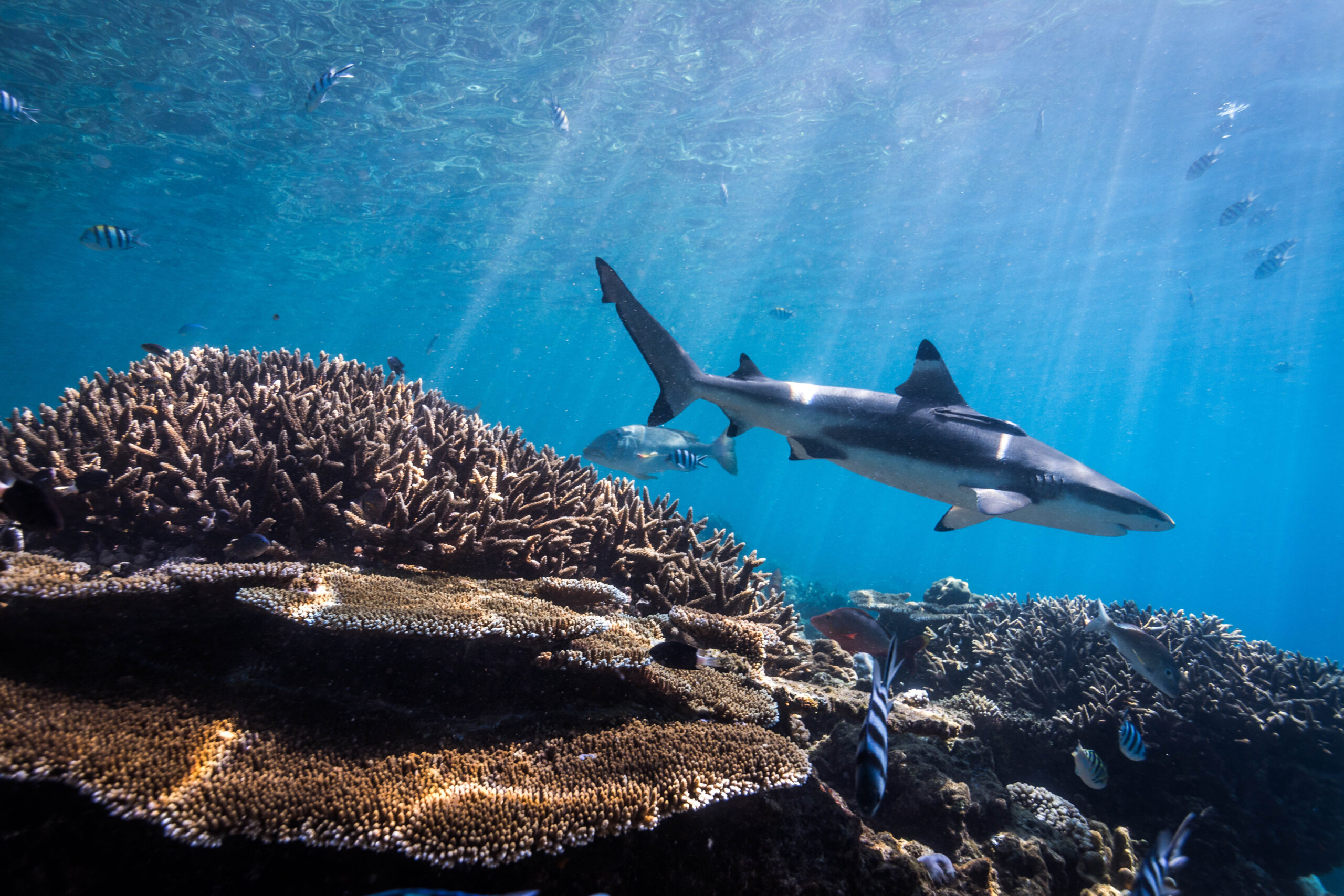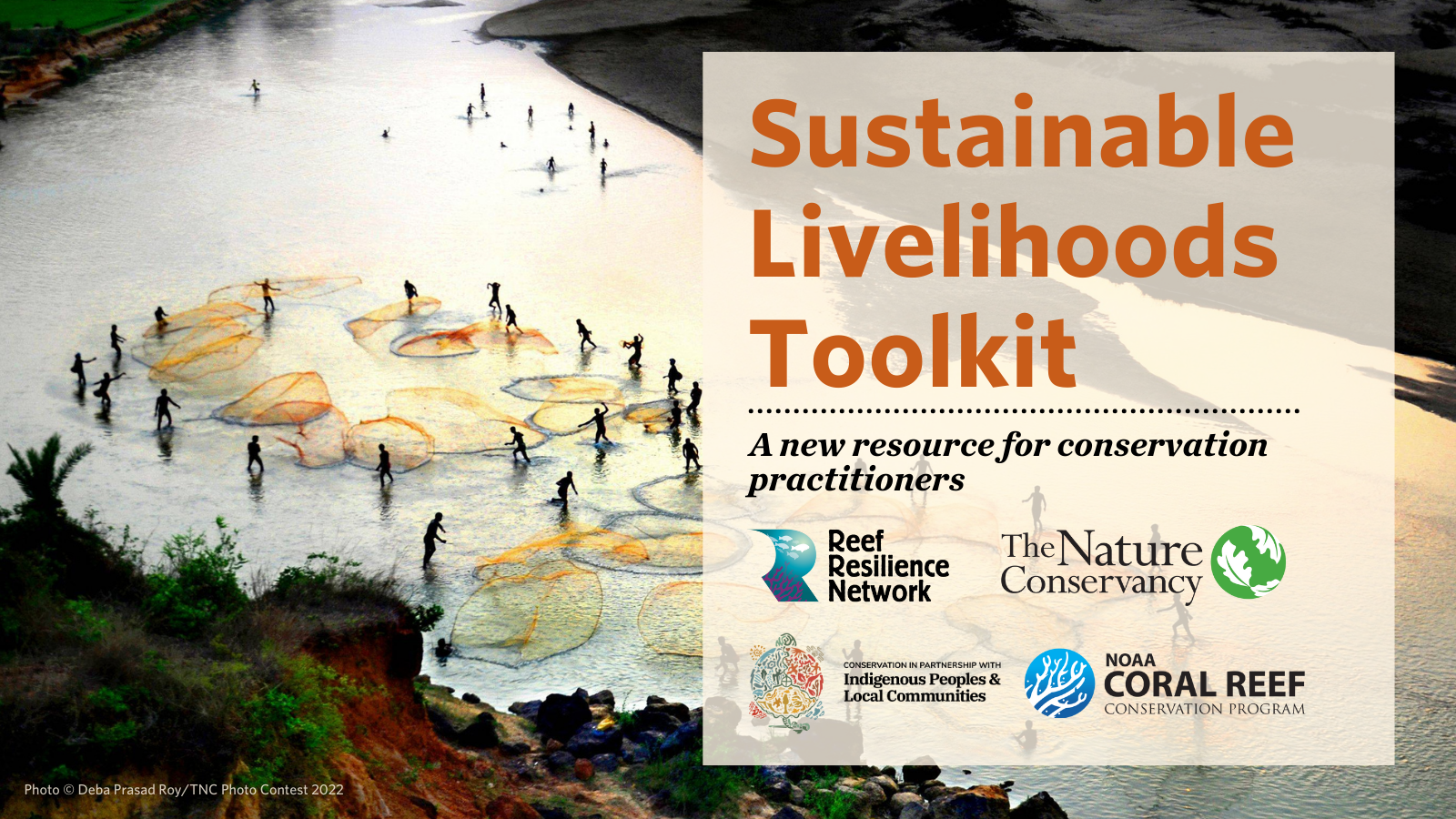In this article, the Authors outline key anthropogenic stressors in the marine environment, specifically nutrients. Increases in eutrophication point to nutrient enrichment due to land-based pollution and is defined as cultural eutrophication. The paper discusses the impact of cultural eutrophication on ecosystems, including compounding detriment from combinations of other pressures, and the influence this has on management outcomes. A 2001 study by Cloern provides a framework to address cultural eutrophication, including case studies from various marine environments downstream of anthropogenic activity and management responses in the US, EU, and China. In response, this study promotes integrated approaches highlighted as solutions to cultural eutrophication include identification of priority areas for intervention, ecosystem-based management plans considering whole watersheds, and alternative land use practices. Manure capture and reuse, habitat restoration, macroalgal and bivalve aquaculture, and increased flushing to reduce nutrient residence time were all suggestions for management strategies to mitigate cultural eutrophication. The article concludes with emphasis on the need for ongoing assessment of nutrient loading and encourages coordinated scientific, policy, and management responses.
Authors: Malone, T. and A. Newton
Year: 2020
View Full Article
Frontiers in Marine Science. doi:10.3389/fmars.2020.00670


